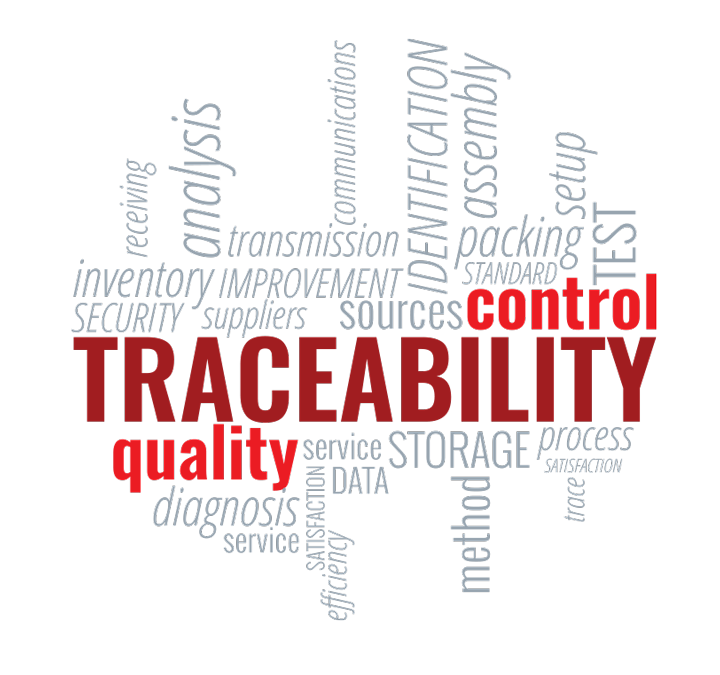Agriculture traceability is a popular concept these days in the farming industry.Traceability systems may assist farmers and other stakeholders in tracing their products across the supply chain, allowing them to identify possible bottlenecks and improve systems in real time. Every farm should have a traceability system in place that allows the producer to monitor the produce from field to customer.
Traceability plays an important function in assisting firms in becoming more competitive in both the domestic and global markets. It is not an option to adopt traceability. It's a matter of figuring out how to accomplish this in the most effective way possible, as well as how to seize the chances that are opening up. There is a variety of reasons to invest in traceability, but we've categorized them into four categories.

Traceability can also assist you improve the efficiency of your farm's labor. Transparency regarding a product's route through the supply chain, as well as its degree of quality and freshness, reduces food waste.

Improved traceability can assist boost revenues by enabling for more precise pay calculations, such as piece rate pay techniques. By enhancing production incentives, piece rate calculations can save your farm money.

A traceability software can assist alleviate this load by providing individual labels for each distributor with lot numbers so that the product can be tracked all the way back to the farm.

This is something that happens in the food and manufacturing industries. While you may not always be able to avoid it, you can be prepared to deal with it swiftly and effectively if it occurs in your company.

Traceability allows for more insight into a supply chain, allowing for better preparedness in the event that something goes wrong.

Traceability enhances the agility of all stakeholders responses in the event that something goes wrong at anytime.

Traceability enables the industry and authorities to retain or re-establish customer confidence in the safety and resilience of products.

Through root cause analysis, traceability enables for the assessment of the problem's causality, averting future problems.

The importance of traceability is growing. As firms attempt to improve their skills to feed the world's rising population, the global food supply chain has become a tangled web. While food safety issues are uncommon, when they do arise, time is of the essence since public health and lives as well as the livelihoods of industries, companies, and employees, are on the line. The Global Food Traceability Center aims to help businesses better understand and execute methods for tracking and tracing items' journeys through the food chain to improve food safety and security.